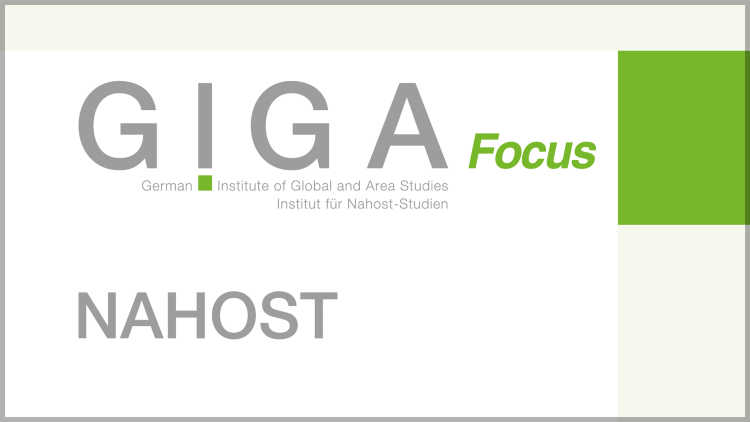- Home
- Publications
- GIGA Focus
- Who Votes for Islamist Parties – and Why?
GIGA Focus International Edition English
Who Votes for Islamist Parties – and Why?
Number 1 | 2015 | ISSN: 2196-3940
When parliamentary elections were held in Tunisia in late October 2014, the Islamist Ennahda party, which had won most of the votes in 2011, was defeated. This shows that if Islamist parties make no concrete improvements, the people who voted for them will punish them.
Analysis
Voters for Islamist parties are often described as poor and easily manipulated, people who trade their votes for the social services provided by Islamist charitable organizations. However, surveys reveal that support for Islamist parties is not primarily about patronage. Even in countries where Islamists supply social services for many people, their voters are not less educated or more often unemployed than voters for “more secular” parties. The fact that Islamist voters agree with central issues of Islamist party programmes suggests that these parties partly use content, rather than offers of selective material incentives, to mobilize voters.
Whether a party wins more for clientelistic reasons or more because of its programme influences how accountable it will be to voters.
Data from opinion polls show that Islamist voters’ values tend to coincide with Islamist party policies, for example, conservative attitudes regarding social issues such as gender equality, the acceptance of homosexuality and the condemnation of corruption.
Despite the upheavals of the “Arab Spring”, in many countries Islamist parties have no particular influence on political decisions. Opinion polls conducted between 2011 and 2013 revealed that it was the group of Islamist party voters who considered politics and democracy to be most important. The authoritarian consolidation that is taking place in most Arab countries could, however, cause these voters to become alienated from institutional politics or even become radicalized.
Footnotes
Regional Institutes
Research Programmes
How to cite this article
Pellicer, Miquel, and Eva Wegner (2015), Who Votes for Islamist Parties – and Why?, GIGA Focus International Edition English, 1, Hamburg: German Institute for Global and Area Studies (GIGA), http://nbn-resolving.de/urn:nbn:de:0168-ssoar-431983
Imprint
The GIGA Focus is an Open Access publication and can be read on the Internet and downloaded free of charge at www.giga-hamburg.de/en/publications/giga-focus. According to the conditions of the Creative-Commons license Attribution-No Derivative Works 3.0, this publication may be freely duplicated, circulated, and made accessible to the public. The particular conditions include the correct indication of the initial publication as GIGA Focus and no changes in or abbreviation of texts.
The German Institute for Global and Area Studies (GIGA) – Leibniz-Institut für Globale und Regionale Studien in Hamburg publishes the Focus series on Africa, Asia, Latin America, the Middle East and global issues. The GIGA Focus is edited and published by the GIGA. The views and opinions expressed are solely those of the authors and do not necessarily reflect those of the institute. Authors alone are responsible for the content of their articles. GIGA and the authors cannot be held liable for any errors and omissions, or for any consequences arising from the use of the information provided.



